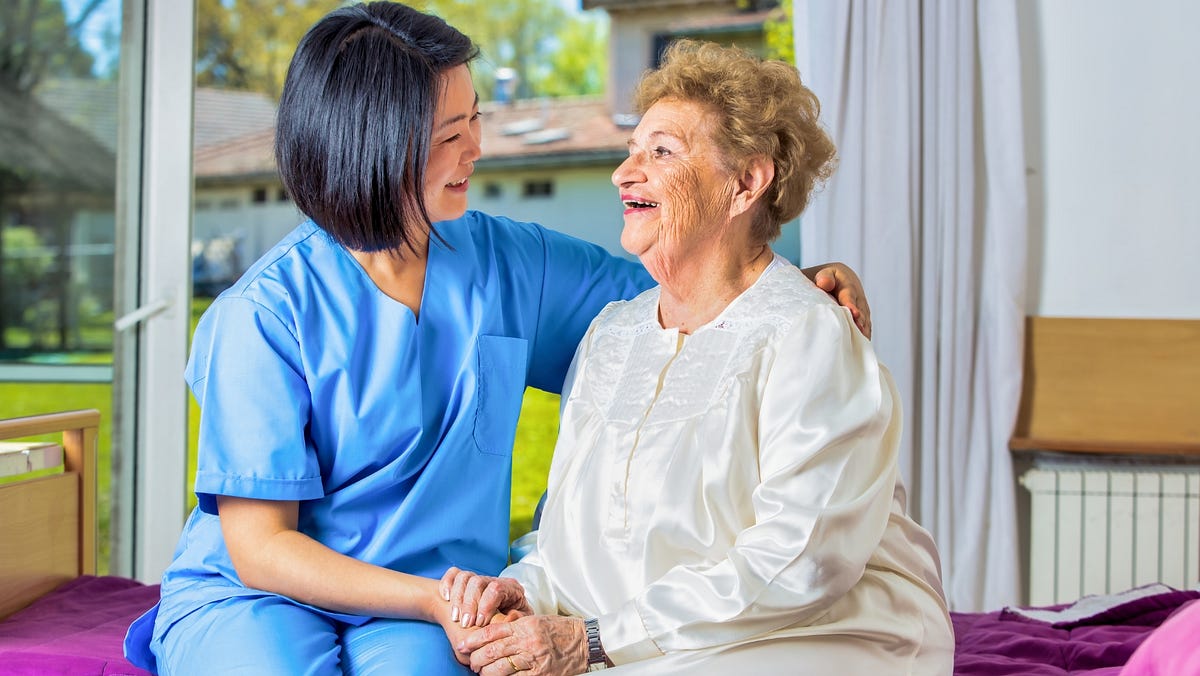Understanding 24/7 Care at Home
24/7 care at home refers to the provision of round-the-clock assistance and support for individuals who require continuous monitoring and help with daily activities within the comfort of their own homes. This type of care is essential for those with chronic illnesses, disabilities, or seniors who need constant supervision and aid. It aims to promote independence while ensuring safety and comfort around the clock.
Benefits of 24/7 Care
One of the primary benefits of 24/7 care at home is the ability for individuals to maintain their independence and dignity. By receiving care in familiar surroundings, such as their own home, individuals can feel more comfortable and less stressed. This environment can be particularly crucial for those with memory issues, as it helps maintain a sense of familiarity that reduces anxiety and confusion. Additionally, round-the-clock care can prevent hospitalisation by addressing health issues promptly and monitoring changes in health conditions.
Services Offered in 24/7 Care
Services provided in 24/7 care at home encompass a wide range of support tailored to the specific needs of each individual. Caregivers assist with daily living activities such as grooming, bathing, and dressing, ensuring that personal hygiene is maintained. They also manage medications, ensuring that prescriptions are taken as prescribed and monitoring any side effects or changes in health status. Emotional support and companionship are integral parts of the service, fostering social interaction and preventing feelings of isolation.
Considerations When Choosing 24/7 Care
When considering 24/7 care at home, it’s essential to assess the individual’s needs comprehensively. This assessment helps determine the level of care required, from basic assistance to specialised medical care. Regulatory standards play a crucial role in ensuring the quality and safety of care services. Accredited agencies adhere to guidelines that safeguard the well-being of clients, providing peace of mind to families and caregivers alike. Customisation of care plans ensures that services are tailored to meet the unique preferences and routines of each individual, enhancing comfort and satisfaction.
Cost Considerations
The cost of 24/7 care at home varies depending on factors such as the level of care required, geographic location, and specific services provided. While it may seem costly compared to other care options, such as long-term care facilities, it offers significant cost savings in the long run. The personalised nature of home care means that individuals receive focused attention and support, potentially reducing the need for more intensive medical interventions or hospital stays.
How to Arrange 24/7 Care
Arranging 24/7 care at home begins with an initial assessment and consultation with a care provider. During this process, caregivers evaluate the individual’s needs, preferences, and medical history to develop a comprehensive care plan. Planning and implementing care services involve coordinating schedules, assigning caregivers, and ensuring that all aspects of daily living and health monitoring are addressed. Continual evaluation and adjustments to the care plan ensure that it remains responsive to changing needs and conditions over time.
Challenges and Solutions
Despite its benefits, 24/7 care at home can present challenges such as caregiver burnout and feelings of isolation for the individual receiving care. Caregivers play a crucial role in addressing these challenges by providing emotional support, respite care for family members, and engaging in meaningful activities that promote social interaction and mental stimulation. Managing these challenges effectively contributes to a positive care experience and enhances overall well-being.
Case Management and Coordination
Effective case management and coordination are essential components of 24/7 care at home. Care managers oversee the implementation of care plans, ensuring that all aspects of care are delivered according to schedule and requirements. They act as liaisons between caregivers, healthcare professionals, and family members, facilitating communication and ensuring continuity of care. This coordinated approach helps to address any issues promptly and ensures that the individual’s needs are met comprehensively.
Future Trends in 24/7 Home Care
Looking ahead, technological advancements are set to transform the landscape of 24/7 care at home. Innovations such as remote monitoring devices and telehealth services enable caregivers to monitor vital signs, detect health changes early, and provide timely interventions without being physically present. These technologies enhance the efficiency of care delivery while maintaining the personal touch that is integral to home-based care. Moreover, evolving policies and healthcare reforms aim to improve access to quality care services, ensuring that individuals receive the support they need to age in place comfortably and safely.

